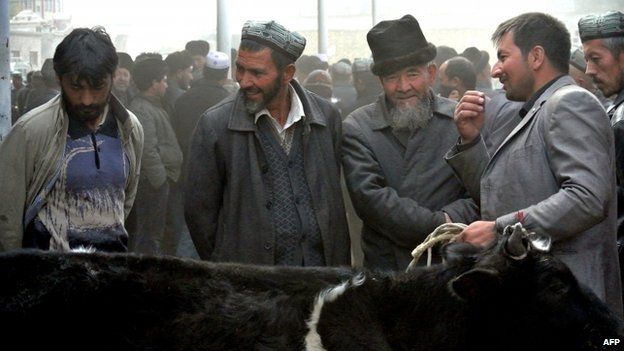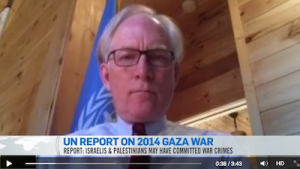By Delisa Morris
Impunity Watch Technical Director
WASHINGTON, D.C. — On June 26, 2015, a split Supreme Court of The United States ruled that same-sex couples can marry nationwide, establishing a new civil right.

In a 5-4 ruling, Justice Anthony Kennedy wrote the majority decision with the court four liberal justices. Each of the four dissenting conservative justices wrote their own dissenting opinions.
Almost 46 years after the Stonewall riots ushered in the modern gay rights movement, the decision marks the end of a major fight for same-sex activists.
“No union is more profound than marriage, for it embodies the highest ideals of love, fidelity, devotion, sacrifice and family,” Kennedy wrote. “In forming a marital union, two people become something greater than they once were.”
“Their hope,” Kennedy wrote, “is not to be condemned to live in loneliness, excluded from one of civilization’s oldest institutions. They ask for equal dignity in the eyes of the law. The Constitution grants them that right.”
In a dissent, Justice Antonin Scalia blasted the Court’s “threat to American democracy.”
“The substance of today’s decree is not of immense personal importance to me,” he wrote. “But what really astounds is the hubris reflected in today’s judicial Putsch.”
Chief Justice John Roberts wrote that the decision had “nothing to do with the Constitution.”
“If you are among the many Americans—of whatever sexual orientation—who favor expanding same-sex marriage, by all means celebrate today’s decision. Celebrate the achievement of a desired goal,” he wrote. “Celebrate the opportunity for a new expression of commitment to a partner. Celebrate the availability of new benefits. But do not celebrate the Constitution. It had nothing to do with it.”
The U.S. has now become the 21st country in the world to legalize same sex marriage, including territories. The decision means that married same-sex couples will enjoy all of the same rights and benefits as married heterosexual couples nationwide and will be recognized on official documents including birth and death certificates.
For more information, please see:
CNN – Supreme Court rules in favor of same-sex marriage nationwide – 27 June 2015
New York Times – Supreme Court Ruling Makes Same-Sex Marriage a Right Nationwide – 26 June 2015
NBC News – Landmark: Supreme Court Rules Same-Sex Marriage Legal Nationwide – 26 June 2015
ABC News – Same-Sex Marriage: Supreme Court Rules in Favor, President Obama Calls It ‘Victory for America’ – 26 June 2015


